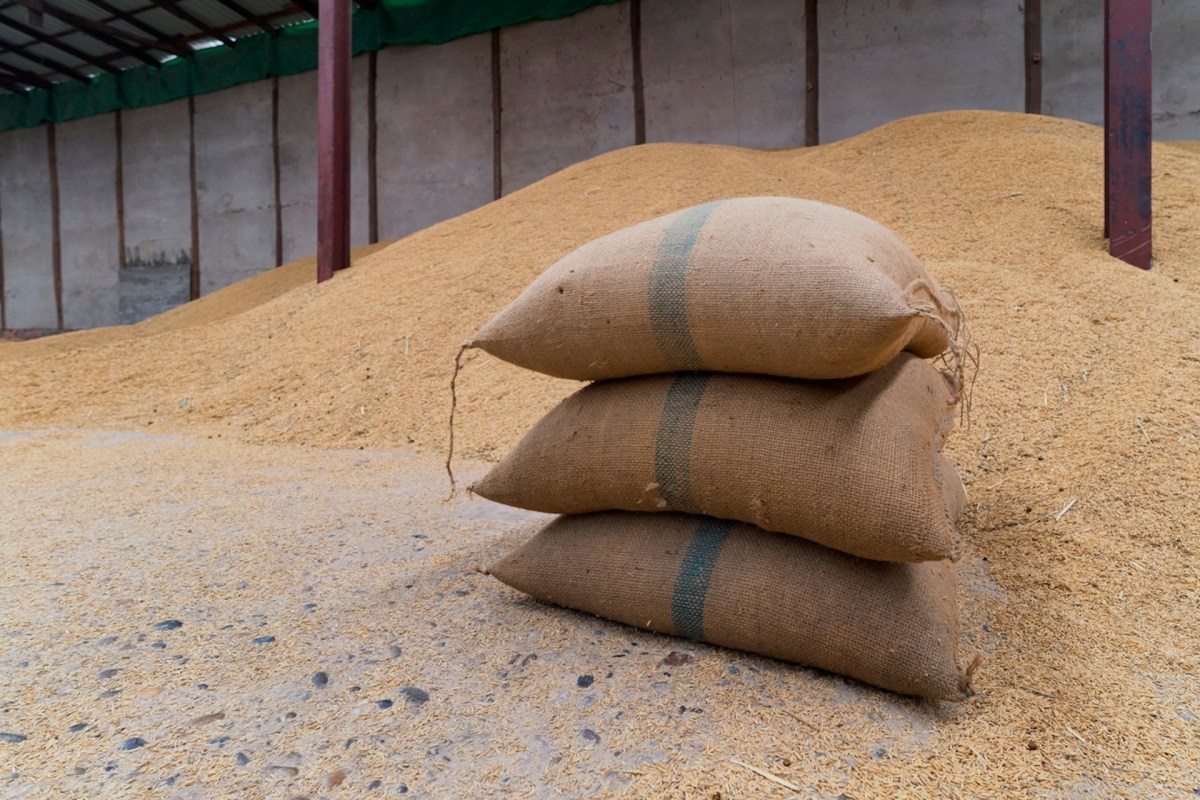While many of us may have gotten through college or times when money was tight on a bag of rice and Ramen, this may not be an option soon, as global rice prices are at their highest level in 15 years.
What's happening?
As detailed in International Banker, rice prices hit a global high at the end of 2023, a level 18.6% higher than the previous year and not seen since 2008. Now, it appears that the world may have to continue dealing with significant rice-price inflation in 2024.
A continuation of export restrictions placed on the product by India in July 2023 and an expected increase in demand for festivals worldwide will likely provide momentum for already high prices to climb even higher.
Why is this concerning?
While the ban out of India has a lot to do with rising prices, El Niño and rising global temperatures are also playing roles. IB further reported that fears over the extreme conditions and lack of rainfall El Niño brings have contributed to the high price of the crop holding.
"Many crops, especially those highly dependent on water supply, will be badly affected by El Niño," Muhamad Shakirin Mispan, an associate professor at Universiti Malaya's Institute of Biological Sciences, told Bloomberg, as reported by IB.
Rice is a diet staple for billions of people across the globe, and the higher its price goes, the further household budgets will be stretched.
Watch now: The most sustainable thing about the new Rivian? Its price tag
It's not only rice that more volatile weather is affecting. Crops like olives, tomatoes, and cocoa, among others, are also at risk. This could lead to many of our favorite foods and drinks becoming hard to get and will undoubtedly lead to more expensive trips to the store — something many households can't afford.
What can be done to help?
We can all help protect our crops and those who rely on them by working to keep temperatures from rising beyond a point of no return. We can opt for low-impact modes of transportation, reduce our reliance on single-use plastic, and reduce our energy consumption, to name a few.
Further, if you're concerned about not being able to access your favorite foods, growing your own food will ensure you have them while also reducing your reliance on mass-produced, store-bought, and globally shipped produce.
Join our free newsletter for cool news and actionable info that makes it easy to help yourself while helping the planet.
TCD Picks » Upway Spotlight















